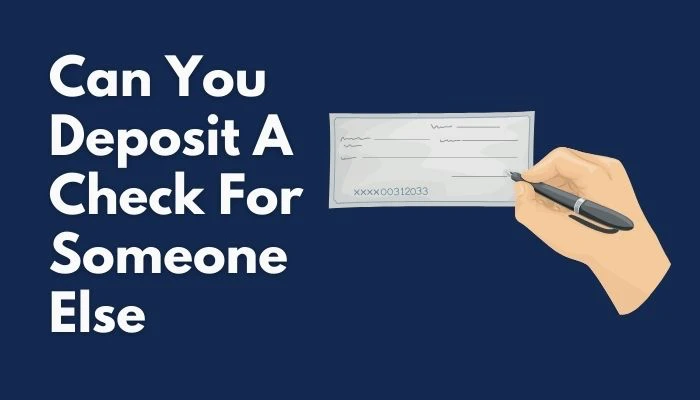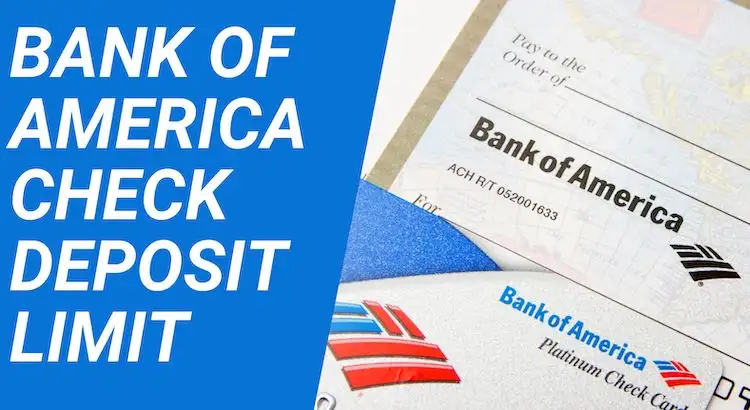Opening a free business checking account online with no deposit is a great way to save money and get started with your new business. There are a number of different banks and credit unions that offer this type of account, so it’s important to compare the different features and fees before you choose one.
How to open a free business checking account online with no deposit
To open a free business checking account online with no deposit, you will typically need to provide the following information:
- Your business name and address
- Your Social Security number or Employer Identification Number (EIN)
- Your business type and industry
- Your contact information
Once you have provided this information, you will be able to open your account online and start using it immediately.
3 best free business checking accounts online with no deposit
1. NBKC Bank Business Account
This account has no monthly fee, minimum balance requirement, or overdraft fees. It also includes unlimited transactions and fee-free ATM access through the MoneyPass network.
2. Novo Business Checking Account
This account has no monthly fee, minimum balance requirement, or overdraft fees. It also includes unlimited transactions and fee-free ATM access through the Allpoint network.
3. Bluevine Business Checking Account
This account has no monthly fee, minimum balance requirement, or overdraft fees. It also includes unlimited transactions and free incoming wires.
Factors to consider when choosing a free business checking account
- Monthly fees: Some banks and credit unions charge a monthly fee for business checking accounts, even if you maintain a minimum balance. Be sure to compare the monthly fees of different accounts before you choose one.
- Transaction fees: Some banks and credit unions charge transaction fees for business checking accounts, such as fees for ATM withdrawals, wire transfers, and check deposits. Be sure to compare the transaction fees of different accounts before you choose one.
- Minimum balance requirements: Some banks and credit unions require you to maintain a minimum balance in your business checking account in order to avoid fees. Be sure to compare the minimum balance requirements of different accounts before you choose one.
- Other features: Some business checking accounts offer additional features, such as online bill pay, mobile check deposit, and access to a business debit card. Consider which features are important to you when choosing an account.
Tips for using your free business checking account effectively
- Set up a budget and track your spending: This will help you to stay on top of your finances and avoid overspending.
- Use online bill pay to save time and money: Online bill pay is a convenient and affordable way to pay your bills.
- Deposit your checks regularly: This will help to keep your account balance healthy and avoid overdraft fees.
- Reconcile your account statements regularly: This will help you to identify any errors or fraudulent charges.
Benefits of opening a free business checking account online with no deposit
There are a number of benefits to opening a free business checking account online with no deposit. These benefits include:
- Save money: Free business checking accounts can save you money on monthly fees, transaction fees, and other banking fees.
- Convenient: Online business checking accounts are convenient to open and use. You can open an account in just a few minutes and manage your account from anywhere with an internet connection.
- Flexible: Free business checking accounts typically have no minimum balance requirements, so you can keep as much or as little money in your account as you need.
- Secure: Online business checking accounts are just as secure as traditional brick-and-mortar bank accounts. Banks use state-of-the-art security measures to protect your personal and financial information.
Who can open a free business checking account online with no deposit?
Most businesses can open a free business checking account online with no deposit, including sole proprietors, partnerships, LLCs, and corporations. However, there may be some eligibility requirements, such as having a valid business license or EIN.
Conclusion
Opening a free business checking account online with no deposit is a great way to save money and get started with your new business. There are a number of different banks and credit unions that offer this type of account, so it’s important to compare the different features and fees before you choose one.
Frequently Asked Questions (FAQ)
Is there a free business bank account?
Yes, there are a number of banks and credit unions that offer free business checking accounts. However, there may be some eligibility requirements, such as having a valid business license or EIN.
What bank can I open a checking account online with no deposit?
Some banks and credit unions that allow you to open a checking account online with no deposit include NBKC Bank, Novo, and Bluevine.
Can I open a checking account without a deposit?
Yes, it is possible to open a checking account without a deposit. However, there may be some restrictions on the type of account that you can open and the features that are available.
What free checking accounts have no minimum deposit?
Some free checking accounts that have no minimum deposit include the NBKC Bank Business Account, the Novo Business Checking Account, and the Bluevine Business Checking Account.
What banks give you money for just opening an account?
Some banks offer sign-up bonuses for new checking account customers. However, these bonuses typically come with conditions, such as maintaining a minimum balance or completing a certain number of transactions within a certain period of time.
What is the easiest bank account to open online?
Some of the easiest banks to open an account online include Chime, TD Bank, United Bank, Synchrony, Chase Bank, Axos Bank, Ally, and Wells Fargo.
What is the easiest bank to open online in Australia?
Some of the easiest banks to open an account online in Australia include Westpac, Commonwealth Bank, NAB, ANZ, and ANZ.
Which bank account can I open instantly?
Some banks allow you to open a bank account instantly online. However, there may be some restrictions on the type of account that you can open and the features that are available.
Can I open a bank account online and use it right away?
Yes, it is possible to open a bank account online and use it right away. However, there may be some restrictions on the features that are available until your account is fully verified.
Can you open a business bank account online?
Yes, it is possible to open a business bank account online. However, there may be some eligibility requirements, such as having a valid business license or EIN.
Which banks provide online account opening?
Most banks and credit unions offer online account opening. However, there may be some restrictions on the type of account that you can open and the features that are available.
Can you open a checking account immediately?
Yes, it is possible to open a checking account immediately online. However, there may be some restrictions on the type of account that you can open and the features that are available until your account is fully verified.

